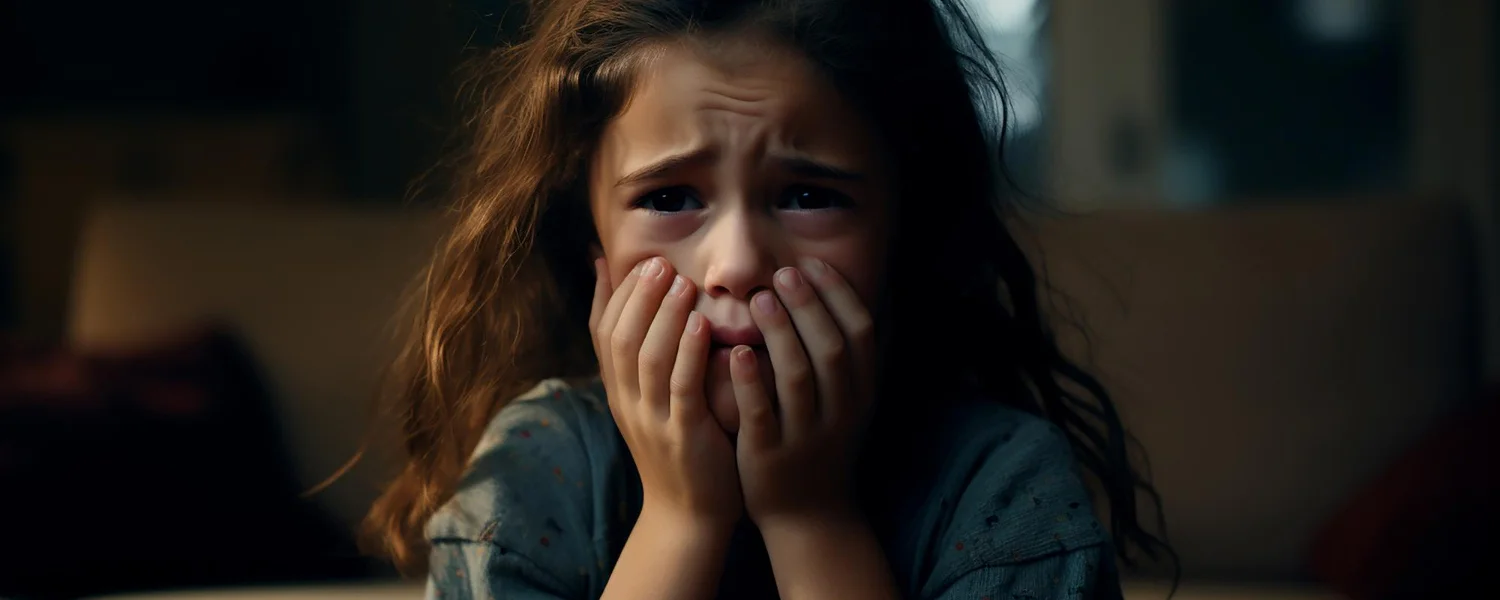
Understanding Depression in Children
Depression is often seen as an issue affecting adults, but children can experience it too. It’s not just about feeling sad occasionally—depression in children is a serious mental health condition that affects how they think, feel, and behave. Recognizing the signs early and providing the right support can help children overcome depression and lead healthier lives.
Causes of Depression in Children
Children can experience depression for a variety of reasons. Family stress, such as conflicts or divorce, can play a major role. Experiencing the death of a loved one or other forms of trauma can also trigger depressive feelings. In some cases, academic pressure or struggles with making friends may leave children feeling hopeless and isolated. Children with developmental disabilities might face additional challenges, which can lead to feelings of frustration and loneliness, further contributing to depression.
Unlike adults, children often express their emotions through changes in behavior, which makes it more difficult to identify depression in them. This is why it’s crucial for parents, teachers, and caregivers to stay aware of the potential causes and signs.
Signs of Depression in Children
Children may not be able to articulate their feelings of sadness or despair, so it’s important to watch for behavioral changes. Common signs of depression in children include:
- Persistent sadness or irritability: They may seem unhappy or angry for long periods, often without a clear cause.
- Loss of interest in activities: A child may stop enjoying hobbies, games, or social interactions that they previously loved.
- Changes in eating or sleeping patterns: Depression can lead to overeating or loss of appetite, as well as trouble sleeping or excessive sleep.
- Fatigue or low energy: A child may seem unusually tired or have little interest in activities.
- Social withdrawal: Avoiding friends, family, or social situations is a common sign of depression.
- Difficulty concentrating: Depression can affect a child’s ability to focus on schoolwork or other tasks.
- Feelings of worthlessness: A child may express self-doubt or guilt, saying things like “I’m not good enough” or “Nobody likes me.”
- Physical complaints: Children with depression may frequently complain of headaches, stomachaches, or other unexplained physical issues.
If a child shows multiple signs over an extended period, it’s crucial to seek professional help.
How Depression Affects Child Development
When depression in children is left untreated, it can have lasting effects on their development. Emotionally, depression can hinder a child’s ability to manage stress and maintain positive relationships. In school, children may struggle to focus or lose interest in their education, leading to academic difficulties. Socially, depression can lead to isolation, making it harder for children to develop healthy friendships and social skills. Over time, depression can even take a toll on their physical health, weakening the immune system and causing frequent illnesses.
Addressing depression early can make a significant difference in a child’s overall development and well-being.
Supporting a Child with Depression
Helping a child who is dealing with depression requires a compassionate and patient approach. Open communication is key—children need to feel they can talk about their emotions without being judged. Maintaining a consistent routine can provide a sense of stability, helping children feel more secure. Encouraging physical activity is another effective way to boost a child’s mood, as regular exercise has been shown to help alleviate symptoms of depression.
Social connections are also important. Encouraging your child to stay involved with friends and participate in social activities can help them feel less isolated. However, if the depression persists, professional help from a child psychologist is essential. Therapy can provide your child with tools to manage their emotions and work through their challenges in a supportive environment.
At Dr. Zahraa, we provide specialized psychological support for children with depression, particularly those with developmental disabilities. We understand that each child faces unique challenges, and we tailor our services to meet their specific needs. If your child is struggling with depression, we are here to help. Book a session today, and let us guide your child toward a brighter, healthier future.
Related Blog
12 Sep 2024 | Mental Health and Emotional Disorders
Mental Health and Its Importance
Discover the importance of mental health and how it impacts daily life. Learn ab...
12 Sep 2024 | Mental Health and Emotional Disorders
Understanding Anxiety in Children
Learn about the causes and signs of anxiety and stress in children and how they ...
12 Sep 2024 | Mental Health and Emotional Disorders
Addressing Depression in Children: Causes, Signs, and Impact
Depression in children is a serious condition that affects their emotions, behav...


Comments
Total 0 comment in the post